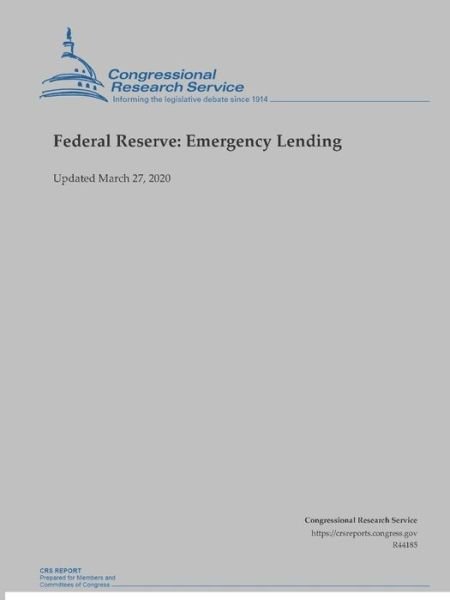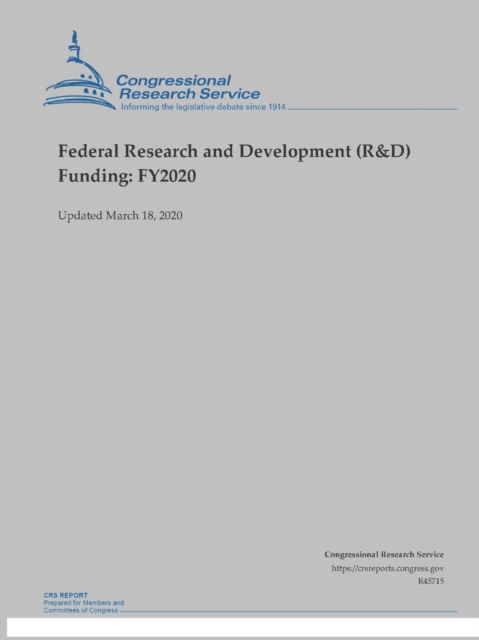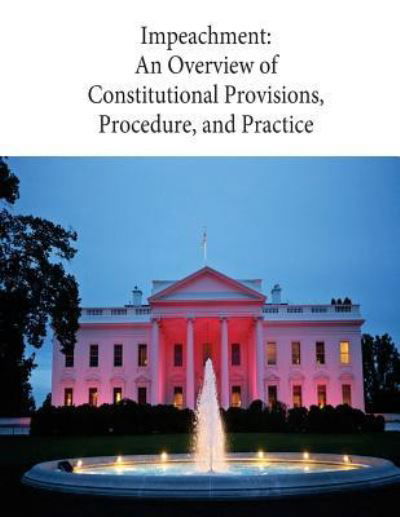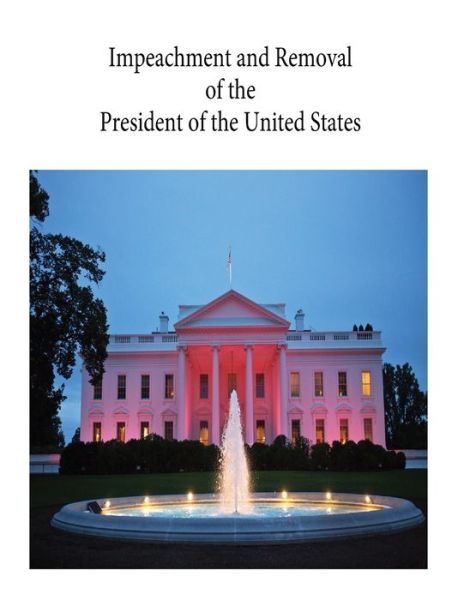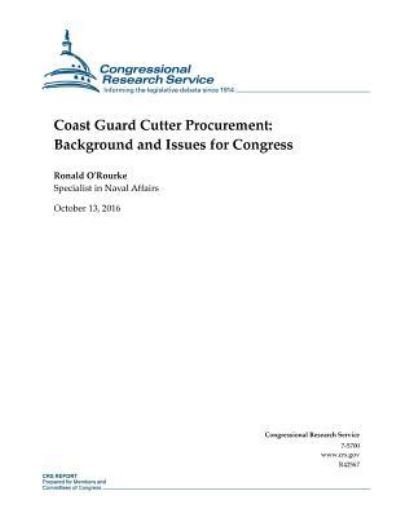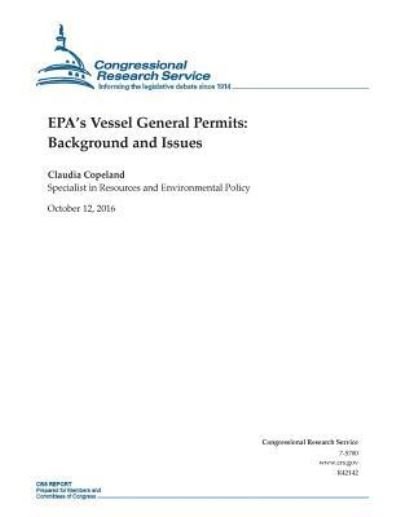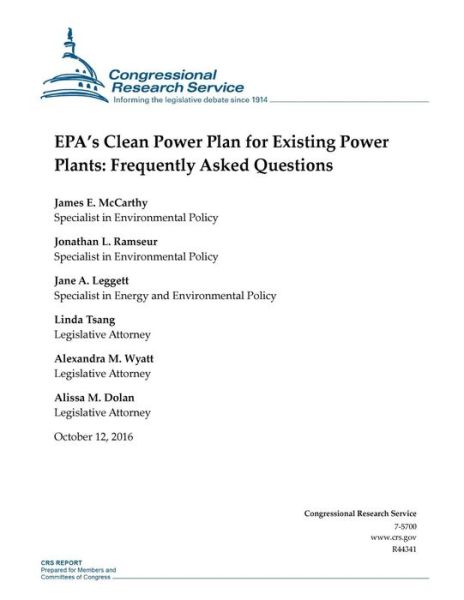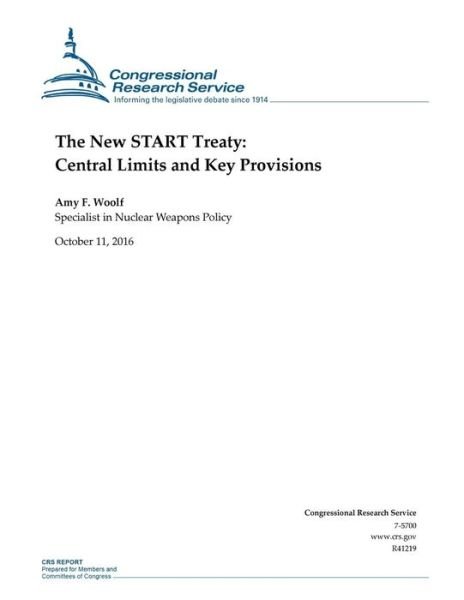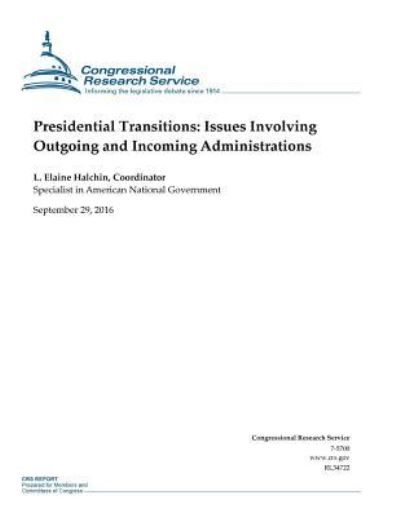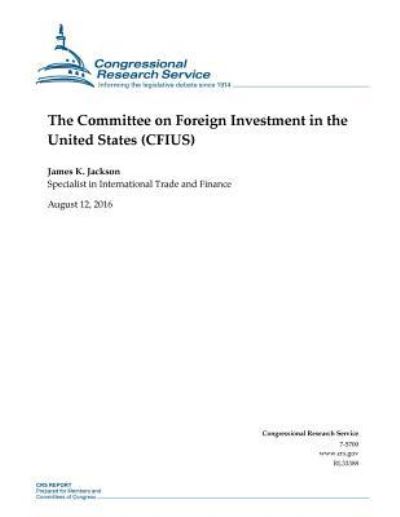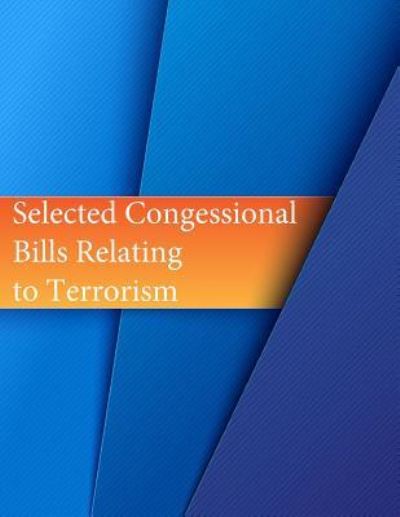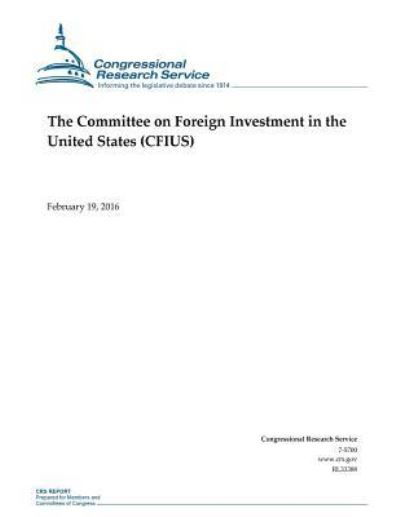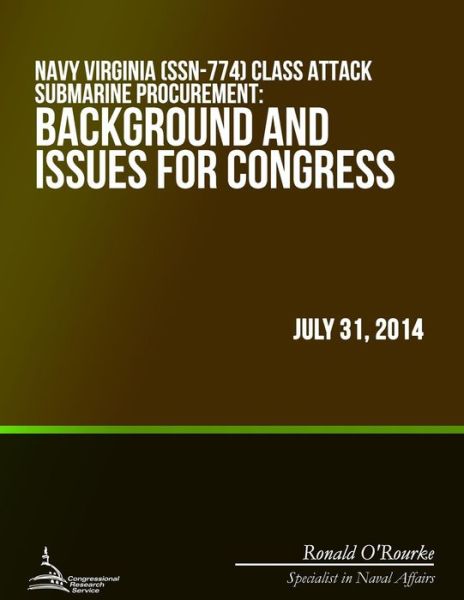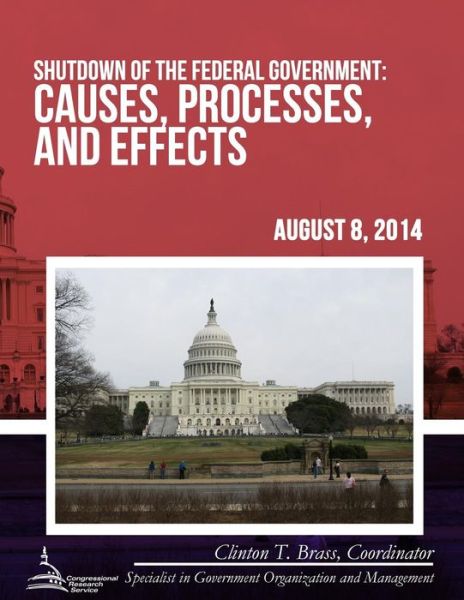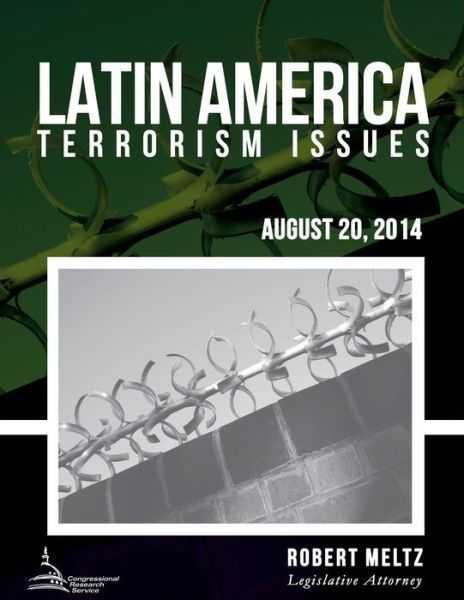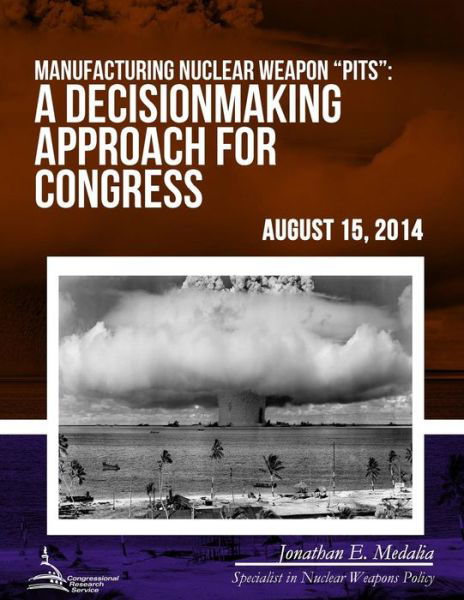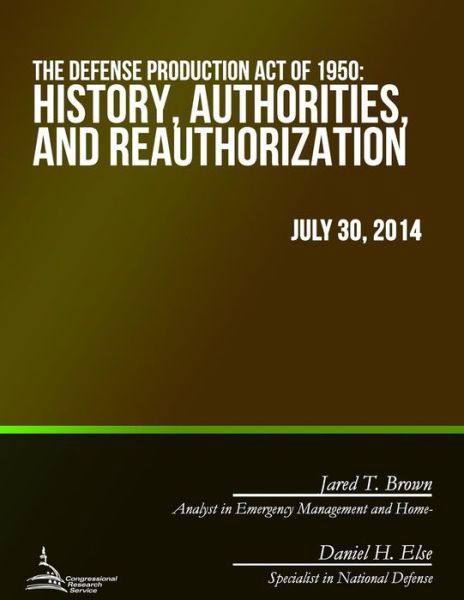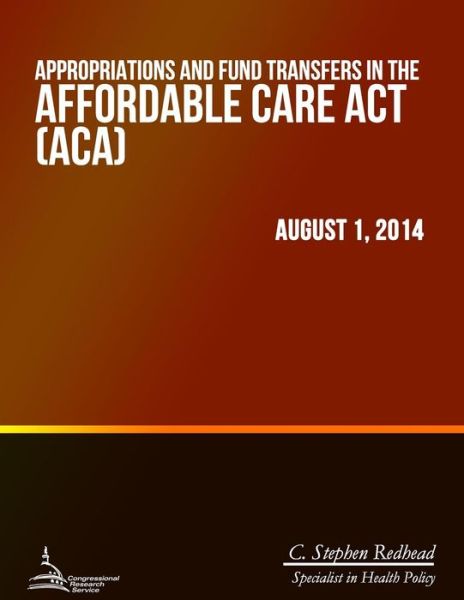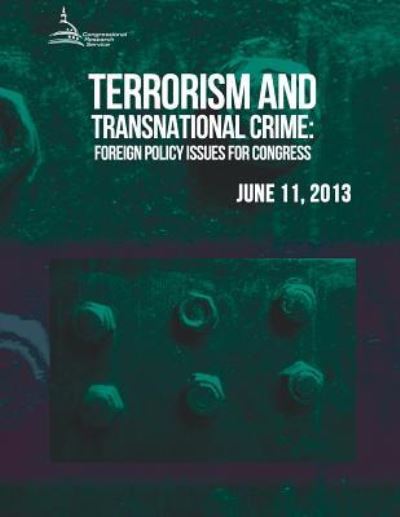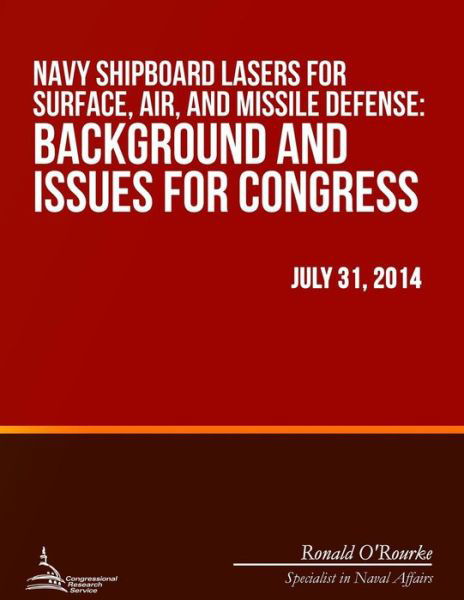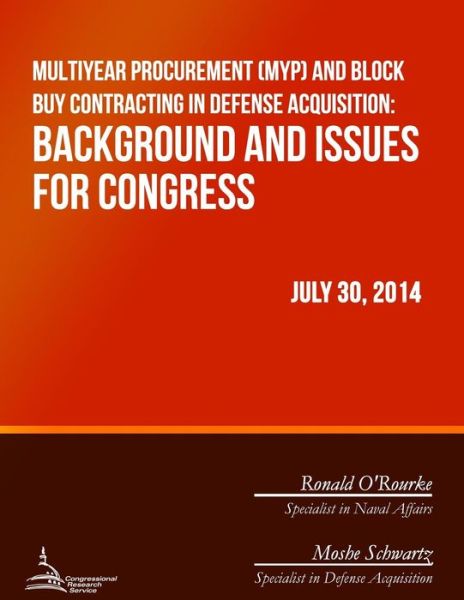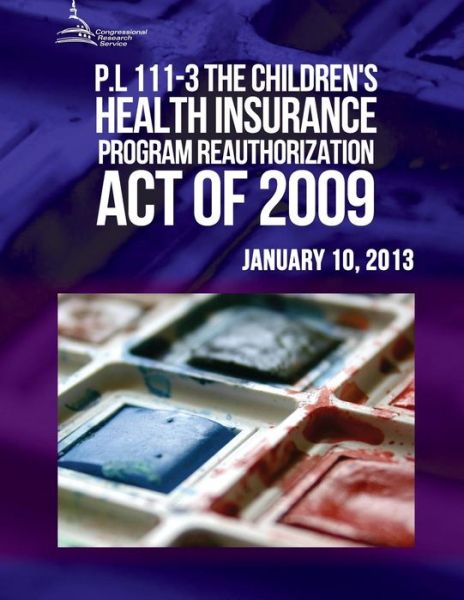
Recomienda este artículo a tus amigos:
Withdrawal from International Agreements
Congressional Research Service
Withdrawal from International Agreements
Congressional Research Service
The legal procedure through which the United States withdraws from treaties and other international agreements has been the subject of long-standing debate between the legislative and executive branches. Recently, questions concerning the role of Congress in the withdrawal process have arisen in response to President Donald J. Trump's actions related to certain high-profile international commitments. This report outlines the legal framework for withdrawal from international agreements under domestic and international law, and it applies that framework to two pacts that may be of significance to the 115th Congress: the Paris Agreement on climate change and the Joint Comprehensive Plan of Action (JCPOA) related to Iran's nuclear program. Although the Constitution sets forth a definite procedure whereby the Executive has the power to make treaties with the advice and consent of the Senate, it is silent as to how treaties may be terminated. Moreover, not all agreements between the United States and foreign nations take the form of Senate-approved, ratified treaties. The President also enters into executive agreements, which do not receive the Senate's advice and consent, and "political commitments" that are not binding under domestic or international law. The legal procedure for withdrawal often depends on the type of agreement at issue, and the process may be further complicated when Congress has enacted legislation to give the international agreement domestic legal effect. On June 1, 2017, President Trump announced that he intends to withdraw the United States from the Paris Agreement-a multilateral, international agreement intended to reduce the effects of climate change. Historical practice suggests that, because the Obama Administration considered the Paris Agreement to be an executive agreement that did not require the Senate's advice and consent, the President potentially may claim authority to withdraw without seeking approval from the legislative branch. By its terms, however, the Paris Agreement does not allow parties to complete the withdrawal process until November 2020, and Trump Administration officials have stated that the Administration intends to follow the multiyear withdrawal procedure. Consequently, absent additional action by the Trump Administration, the United States will remain a party to the Paris Agreement until November 2020, albeit one that has announced its intent to withdraw once it is eligible to do so. The Trump Administration has not withdrawn the United States from the JCPOA, but the President has stated he intends do so unless the plan of action is renegotiated. When the Obama Administration concluded the JCPOA, it treated the plan of action as a non-binding political commitment. To the extent this understanding is correct, President Trump's ability to withdraw from the JCPOA would not be restricted by international or domestic law. However, some observers have suggested that U. N. Security Council Resolution 2231 subsequently converted at least some provisions in the JCPOA into obligations that are binding under international law. As a result, withdrawal from the JCPOA could implicate a complex debate over the plan of action's status in international law. As a matter of domestic law, the President and Congress have authority to reassert sanctions lifted pursuant to U. S. pledges made in the JCPOA if they deem the reinstitution of such sanctions to be appropriate, even if such action resulted in a violation of international law. Several possible domestic legal avenues exist to re-impose sanctions, some of which would involve joint action by the President and the legislative branch, and others that would involve decisions made by the President alone.
| Medios de comunicación | Libros Paperback Book (Libro con tapa blanda y lomo encolado) |
| Publicado | 2 de junio de 2018 |
| ISBN13 | 9781720604129 |
| Editores | Createspace Independent Publishing Platf |
| Páginas | 36 |
| Dimensiones | 216 × 279 × 2 mm · 108 g |
| Lengua | English |
Mas por Congressional Research Service
Ver todo de Congressional Research Service ( Ej. Paperback Book y Book )

 Los regalos de Navidad se podrán canjear hasta el 31 de enero
Los regalos de Navidad se podrán canjear hasta el 31 de enero


